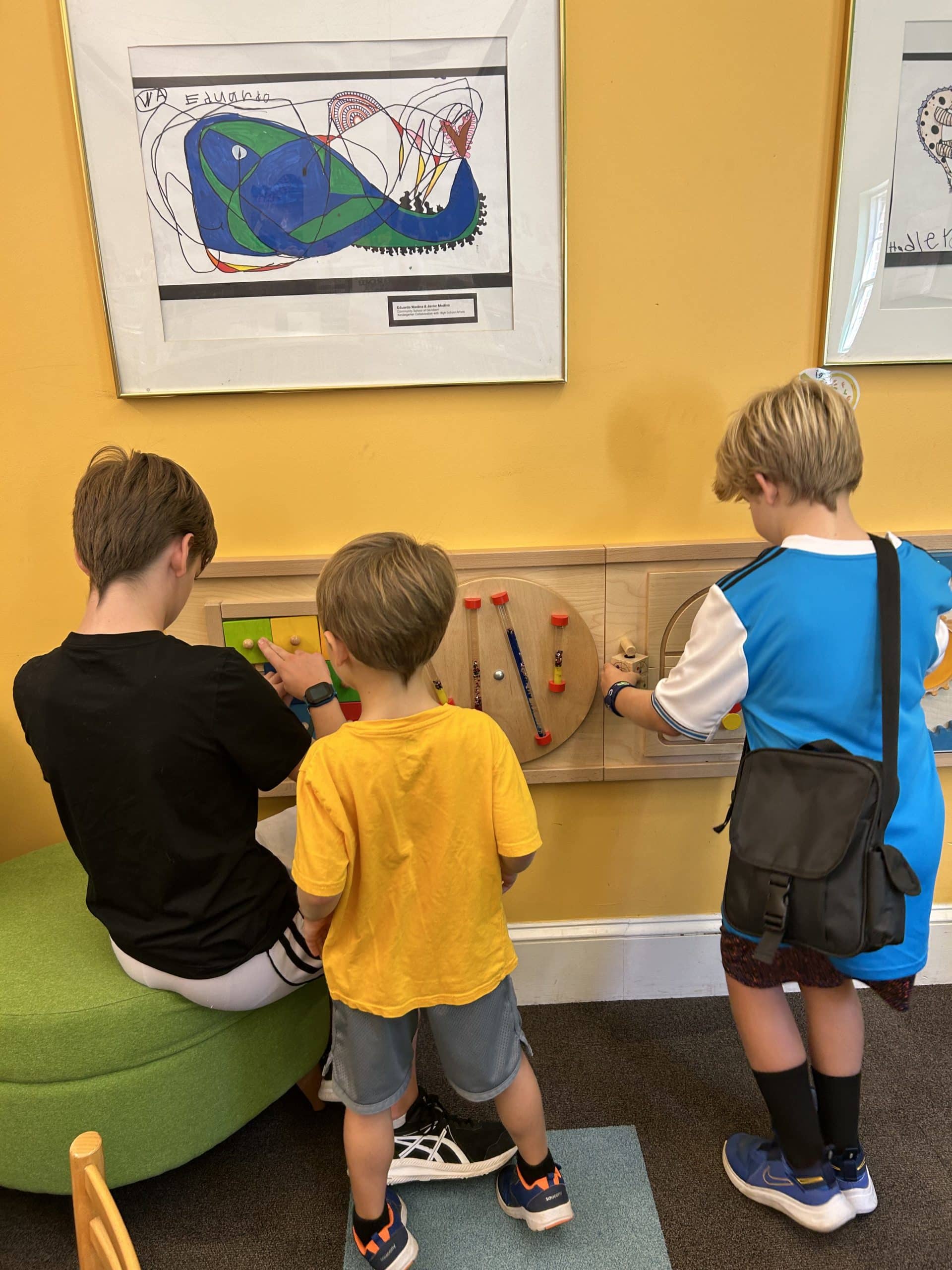Education plays a crucial role in the future. However, the pandemic forced the teaching approaches to change. As a result, the education system now faces global challenges. Today’s students must be part of the solution, developing both the mindset and the skill set needed along with essential skills. Educators must help students become civic-minded individuals who can collaborate to solve problems.
Teachers Need to Adapt Their Approach
Today’s students must be able to work, interpret data, and read proficiently. Along with math and reading skills, students need social and emotional skills for communication with a diverse population. Students need to develop self-awareness, empathy, and teamwork skills.
Schools are the best place to develop a mindset and skills for working together. Schools must have students that are resilient and have higher thinking skills. With the growth of digital media and video conferencing, students connect with a diverse population. Through this, they increase their empathy skills. Students hear and see the perspectives of others.
Education’s Future
The paradigm shift is disrupting education. Technology and media are leading to self-guided learning. Students are moving towards individualized learning. A blend of online and in-person learning threatens to replace the traditional classroom. With technology, new ways to explore various topics. Programs will adapt learning based on each student’s progress.
Teachers’ roles will change to support and engage students. Elementary education will focus on one that is well-rounded, personalized, and technology. The focus will not be on reading and math. Students will learn at their own pace, which is of interest and skill levels.
Technology Infused
Technology is an essential part of a student’s life. It is an integral part of their learning. Most students have access to a technology device at home or a local library. To prepare students, most schools have programs where students have access to a device.
- Students must be allowed to develop digital skills to a proficient level.
- They must have a wide range of resources available.
- Their learning must be differentiated to their needs.
The elementary classroom must help students develop their technology and digital literacy skills. The classroom must provide fun ways to engage students in topics of interest. They also must monitor and document student progress. Lastly, they must build a strong classroom community with parents and guardians.
The future of technology in the classroom doesn’t focus on screen time. The focus must be on hands-on and interactive activities. Technology must contain engaging experiences that teach collaboration in the digital world. Through using interactive devices, students strengthen their fine motor skills as they learn the manipulation of devices. The future is here. Education must face changes.




2 Responses
My biggest concern is that our country will have the leadership to provide the resources necessary to meet this challenge without us falling way behind.
Our generation, meaning you and I, possess the wisdom and experience; but future generations need to provide the skills and fortitude to pursue the resources to meet the challenges.
Your concern is valid. The future generation needs the skills to meet new challenges.